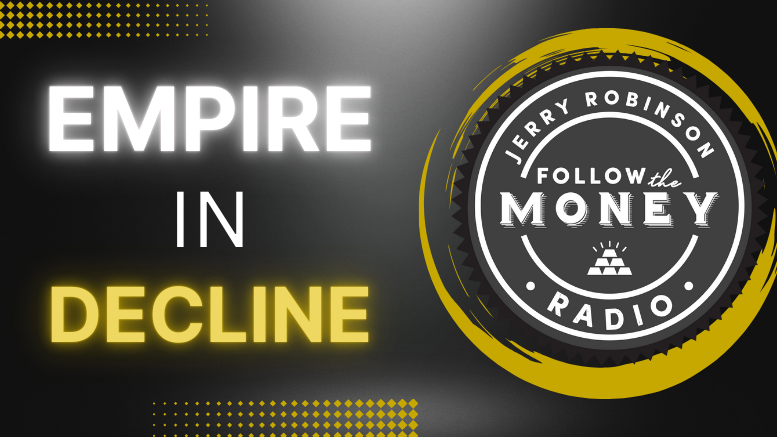(Jerry’s Comments: One of the great benefits of gold and silver is its anonymity. Listen to this week’s FTMWeekly podcast episode for the best steps you can take to prepare for this new law that may begin in 2012.)
By David L. Ganz, Numismatic News
June 29, 2010
A blizzard of paperwork could be about to hit numismatics.
Passage by Congress of the national health care legislation has had an unintended consequence to the nation’s coin collectors, vest-pocket dealers who buy and sell coins, and larger dealers who are frequent buyers of coins that collectors periodically liquidate as they trade up their collections for better coins, or simply sell to take a small profit or loss.
What has happened is that effective Jan. 1, 2012, the whole system of giving and receiving Internal Revenue Service 1099 forms will be turned on its head and all persons (including corporations) who are in business will now have to give 1099 tax reporting forms for coins and other goods that they sell as well as buy.
The responsibility for issuing forms kicks in at $600 for coins or bullion – not a very high level and one that has already started sounding alarm bells. It doesn’t matter in what form payment is made, whether cash, check, credit card, or Yap stone money, the $600 threshold applies.
There’s a bill introduced by Rep. Dan Lungren (H.R. 5141), which has gathered over 80 members of Congress as co-sponsors to repeal this section. Evidently, however, the drafters of the provision think there is a $17 billion loophole that this plugs.
The Industry Council for Tangible Assets is alerting member dealers and the public at large in the hope that some sense of outrage will lead to a ready modification before the law becomes operational in 2012.






